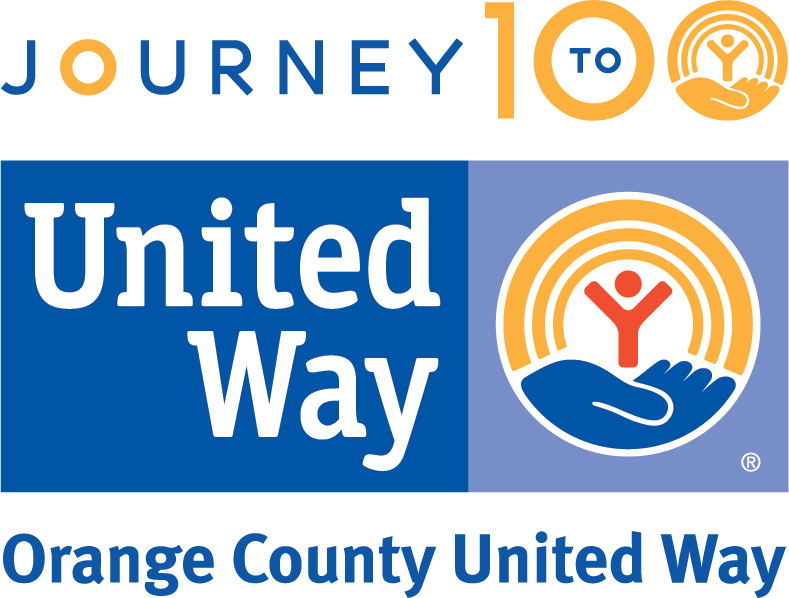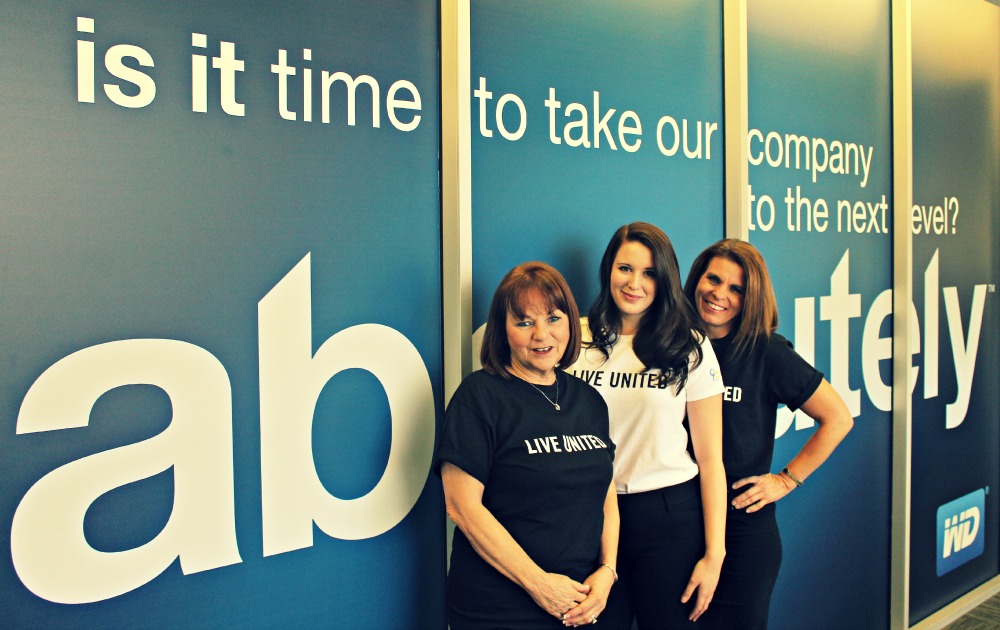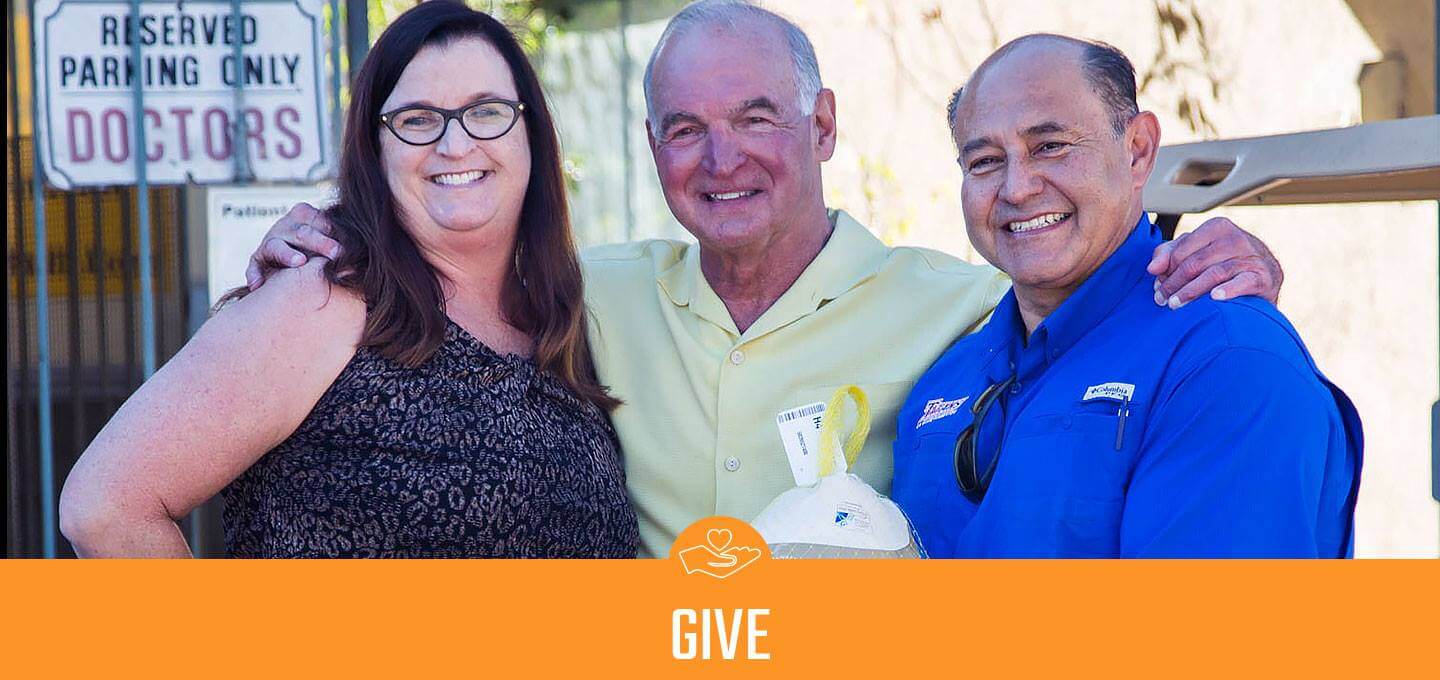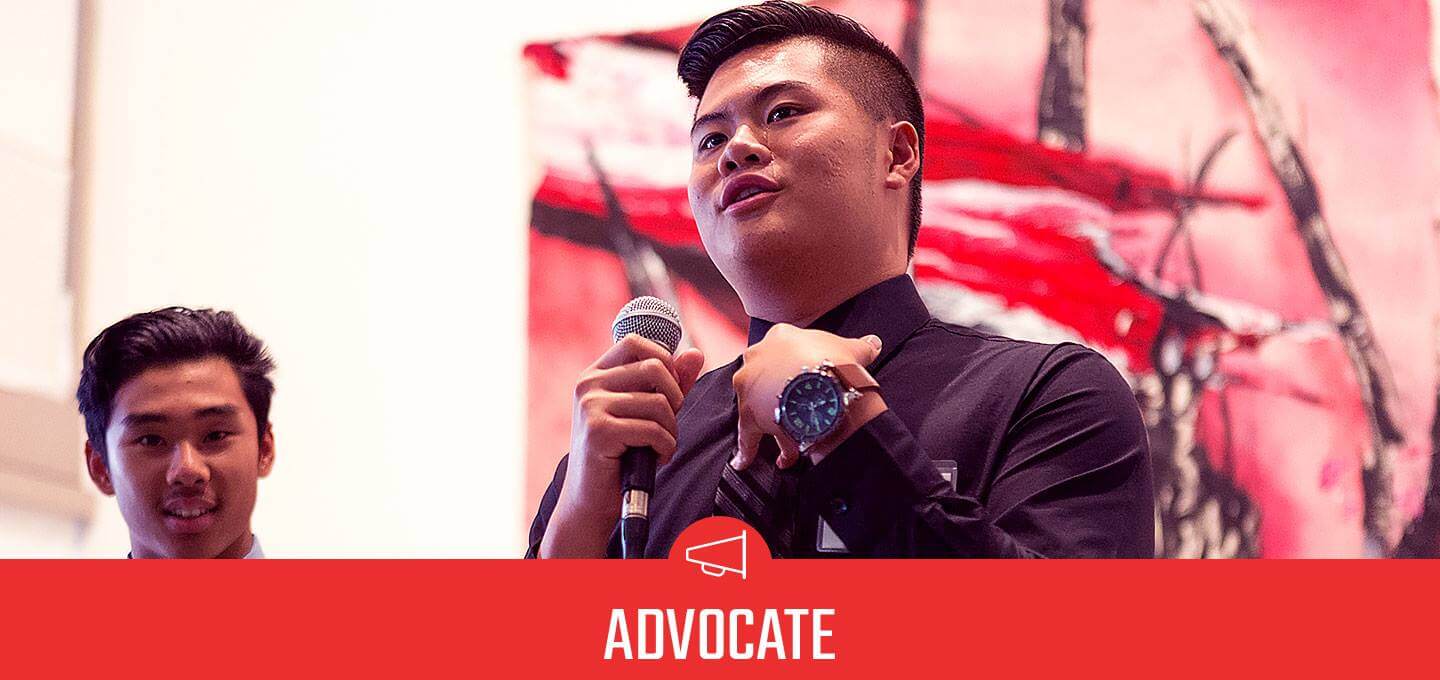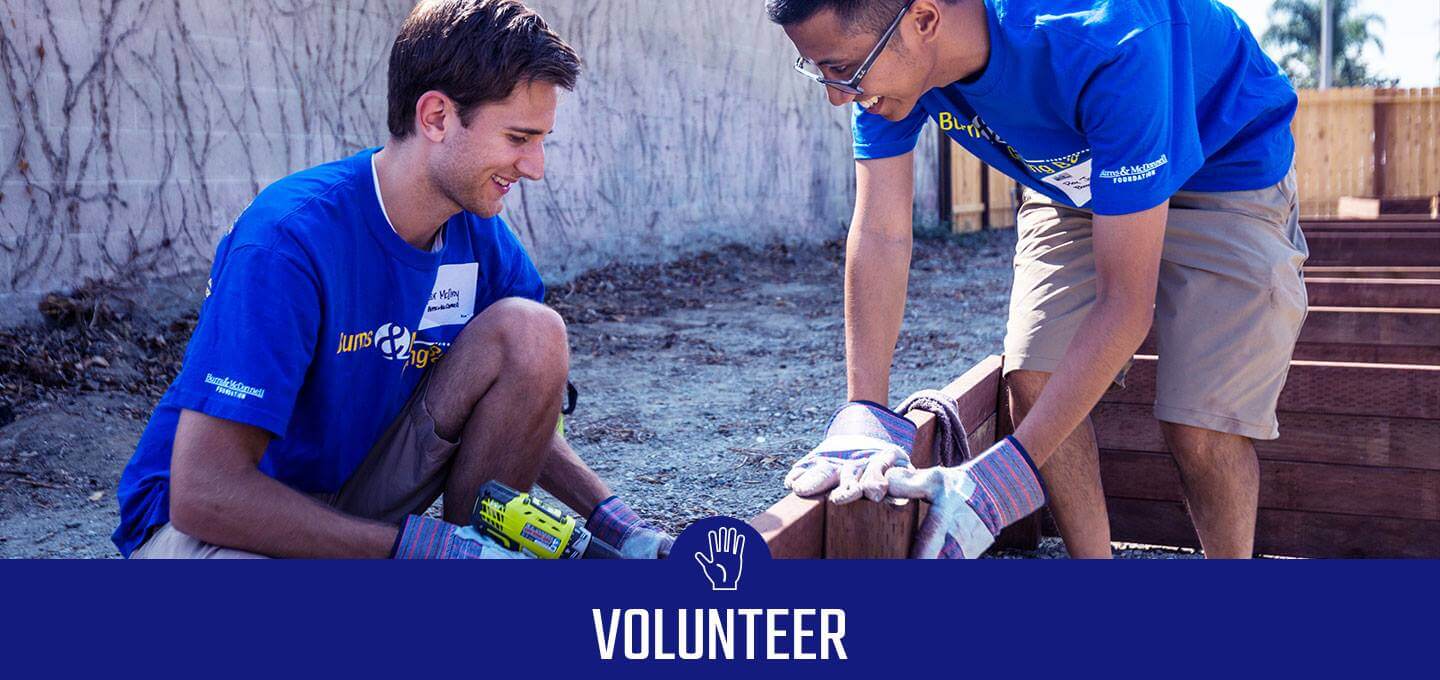During National Human Trafficking Prevention Month, We Need to Talk About Two Things: Money and Morality
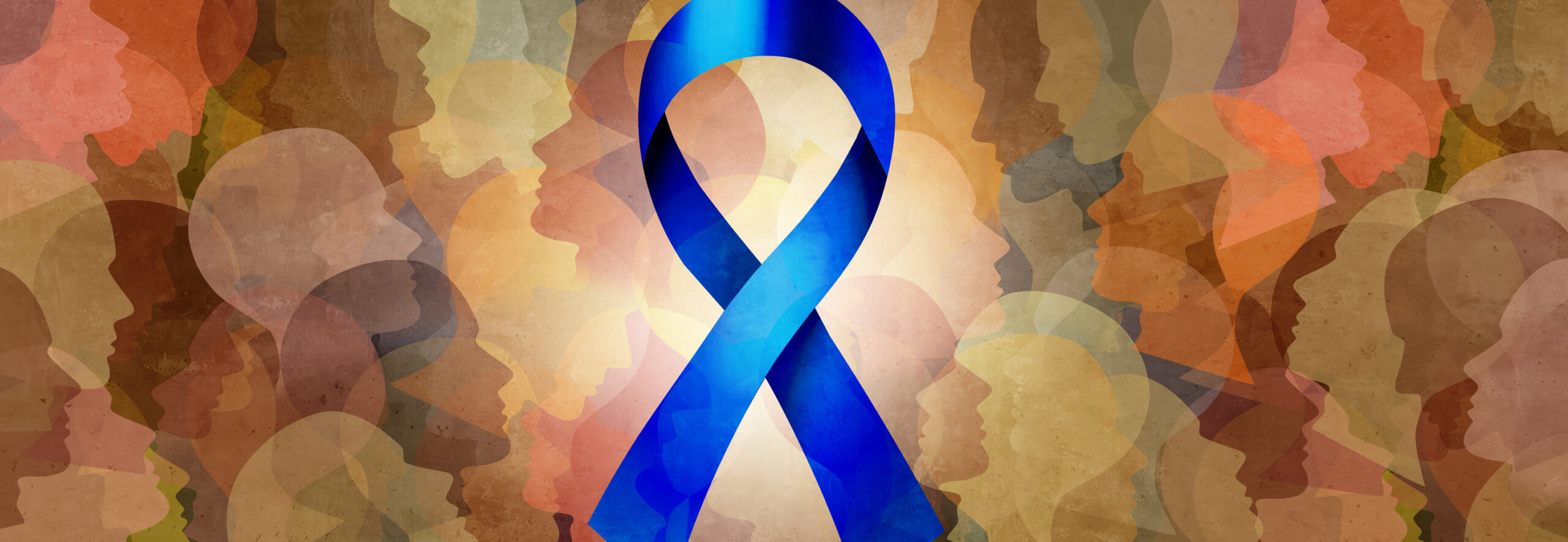
Human trafficking exists right here in Southern California, and we need to be aware of it and take action to stop it.
It has been over 150 years since chattel slavery was outlawed in the United States, and we are still grappling with its monetary and moral legacy. Despite universal agreement that slavery is wrong, forced labor and sex trafficking remain a problem today–not just in distant places or in other countries, but right here in Southern California. We have two immensely powerful tools to collectively fight against modern slavery: money and morality.
The Money Behind Modern Slavery
Recent estimates show that the number of people identified as victims of slavery is growing globally. According to the most recent statistics from the International Labor Organization, 50 million people worldwide are living in modern slavery right now, which is a 25% increase from the estimates made five years prior. While some of this apparent increase may be due to improvements in our ability to identify trafficking and gaps in how these estimates are extrapolated, it is clear that trafficking is a huge problem on a global scale–well beyond what many people might expect.
Why is human trafficking a growing criminal industry? The reasons are complex, but the main motivator for traffickers is money. They exploit vulnerable people at enormous profit, receiving an estimated 300%-500% annual return on the ‘investment’ they make when they traffic someone into forced labor—and this can be up to 1,000% for victims of sex trafficking. This makes human trafficking incredibly profitable for the small group of criminals who engage in it.
Here in California, certain industries are subject to high demand for cheap labor and operate with limited oversight. The industries where traffickers have the most opportunities to exploit victims include prostitution, domestic service, agriculture, and factory work. Local statistics show significantly higher levels of sex trafficking than labor trafficking, but that isn’t necessarily an accurate reflection of the most common type of victimization. We all know prostitution is illegal and can imagine what it looks like, so it is easier for law enforcement to identify and investigate exploitation when traffickers are selling people for sex. Labor trafficking can be less visible and harder to prove since victims are typically conducting work that appears to be legal. For example, there is no law against washing dishes—making it harder to identify potential cases for investigation and prosecution.
The Morality of Human Trafficking
Modern slavery is universally illegal and morally condemned. However, it operates in the shadows, and that allows us to forget about it much of the time. To fight against human trafficking and the worst forms of exploitation, we need to shine a light on it and commit to moral action.
Traffickers tend to take the path of least resistance. They prey on the most vulnerable: foster youth, people seeking jobs outside of the formal economy, and those in the most desperate situations who will do anything to support their families. Forces like inflation, fears of recession, and isolation exacerbated by the pandemic are pushing people into precarious positions that increase their risk of exploitation. It is our moral responsibility to act now to protect these vulnerable people from victimization at the hands of traffickers.
There are three things you can do right now to prevent human trafficking:
- Educate yourself and others about the presence of trafficking here in our local community. The Ending Human Trafficking Podcast is a fantastic source of information to understand trafficking and learn how we can end it (available wherever you listen to podcasts, or visit endinghumantrafficking.org).
- Choose products that don’t use forced labor. One of the most effective ways to root out labor trafficking is to leverage consumer spending and exert pressure on companies to tighten up their supply chain policies and procedures. It may fall beyond the average person’s expertise, interest, and capacity to do the requisite research, but downloading the Sweat & Toil app makes it easy to support fair labor practices while you do your everyday shopping. When buying something (say, green beans), simply select the product in the app, see a list of countries where it is produced using forced labor, and choose ethically sourced products instead. For those motivated to do more research, social media posts can bring public attention to companies doing good work or ignoring fair trade practices, making it a powerful tool for corporate social responsibility and socially conscious consumerism.
- Donate to the Ending Human Trafficking Fund to support local organizations that are leading the fight against human trafficking. Donations are distributed to Orange County non-profits that are focused on stopping human trafficking as well as providers that help survivors recover. By investing in victims because of their worth as human beings, we reduce their vulnerability to exploitation at the hands of traffickers who simply see them as a means of profit.
Together, we can end human trafficking. It is our moral obligation to fight against this heinous crime. The small actions you take today can change someone’s life. Thank you for being a part of the fight.
Signed by the Orange County Anti-Human Trafficking Cooperative
- Angela Robinson, University of California, Irvine Blum Center for Poverty Alleviation
- Brenda Wells, i-5 Freedom Network
- Carey Clawson
- Jamie Saul Hong, Community Organizer
- Kelsey Morgan, EverFree and University of California, Irvine Blum Center for Poverty Alleviation
- Kimberly Yim
- Richard Matthew, University of California, Irvine Blum Center for Poverty Alleviation
- Dr. Sandra Morgan, Vanguard University, Global Center for Women and Justice
- Shannon D. Barnes, International Sanctuary
- Susan B. Parks, President & CEO, Orange County United Way
Want to make a difference?
If you’d like to help end human trafficking, we invite you to:
